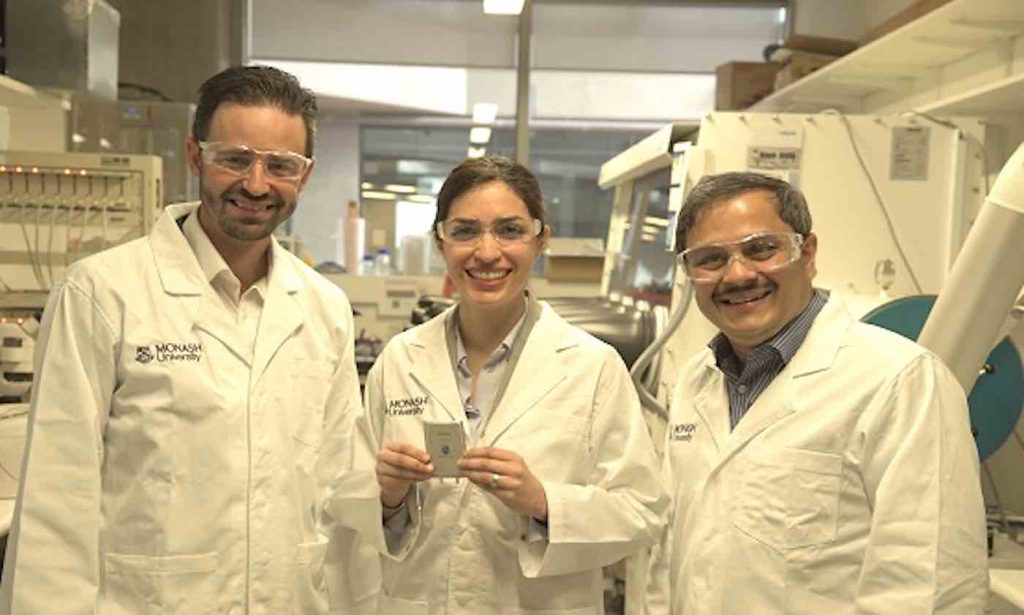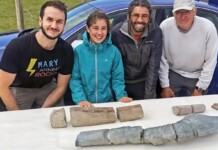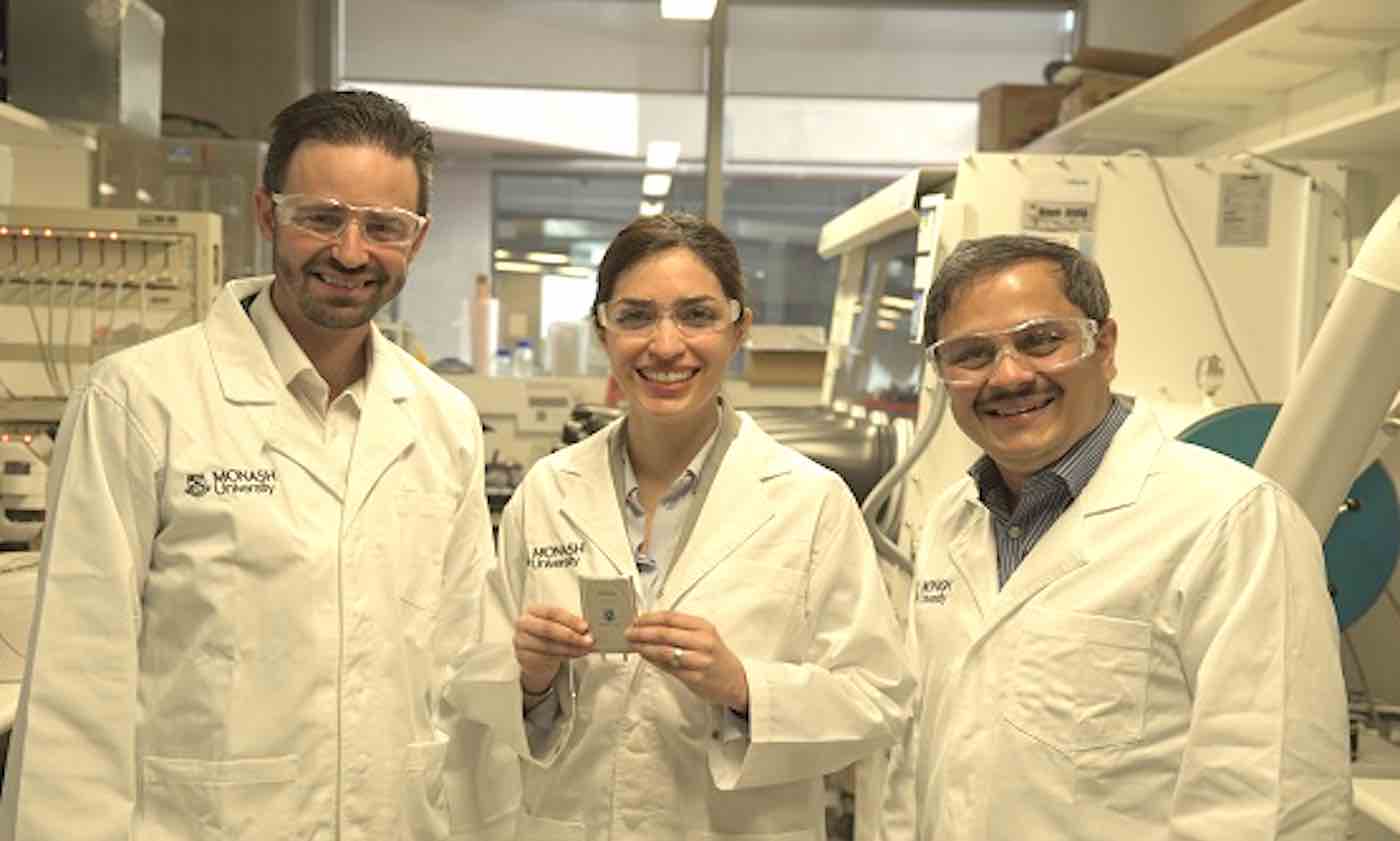Imagine having access to a battery, which has the potential to power your phone for five continuous days, or enable an electric vehicle to drive more than 600 miles (1,000 kilometers) without needing to “refuel.”
Monash University researchers are on the brink of commercializing the world’s most efficient lithium-sulphur (Li-S) battery, which could outperform current market leaders by more than four times, and power Australia and other global markets well into the future.
Dr. Mahdokht Shaibani from Monash University’s Department of Mechanical and Aerospace Engineering led an international research team that developed an ultra-high capacity Li-S battery that has better performance and less environmental impact than current lithium-ion products.
The researchers have an approved filed patent for their manufacturing process, and prototype cells have been successfully fabricated by German R&D partners Fraunhofer Institute for Material and Beam Technology.
MORE: First Fully Rechargeable Carbon Dioxide Battery is Seven Times More Efficient Than Lithium Ion
Some of the world’s largest manufacturers of lithium batteries in China and Europe have expressed interest in upscaling production, with further testing to take place in Australia in early 2020.
The study was published this week in Science Advances.
Professor Mainak Majumder said this development was a breakthrough for Australian industry and could transform the way phones, cars, computers, and solar grids are manufactured in the future.

“Successful fabrication and implementation of Li-S batteries in cars and grids will capture a more significant part of the estimated $213 billion value chain of Australian lithium, and will revolutionize the Australian vehicle market and provide all Australians with a cleaner and more reliable energy market,” said Majumder.
“Our research team has received more than $2.5 million in funding from government and international industry partners to trial this battery technology in cars and grids from this year, which we’re most excited about.”
Using the same materials in standard lithium-ion batteries, researchers reconfigured the design of sulphur cathodes so they could accommodate higher stress loads without a drop in overall capacity or performance.
Inspired by unique bridging architecture first recorded in processing detergent powders in the 1970s, the team engineered a method that created bonds between particles to accommodate stress and deliver a level of stability not seen in any battery to date.
Attractive performance, along with lower manufacturing costs, abundant supply of material, ease of processing and reduced environmental footprint make this new battery design attractive for future real-world applications, according to Associate Professor Matthew Hill.
“This approach not only favors high-performance metrics and long cycle life, but is also simple and extremely low-cost to manufacture, using water-based processes, and can lead to significant reductions in environmentally hazardous waste,” said Hill.
Reprinted from Monash University
Power Up With Positivity By Sharing The Good News With Your Friends On Social Media…




















